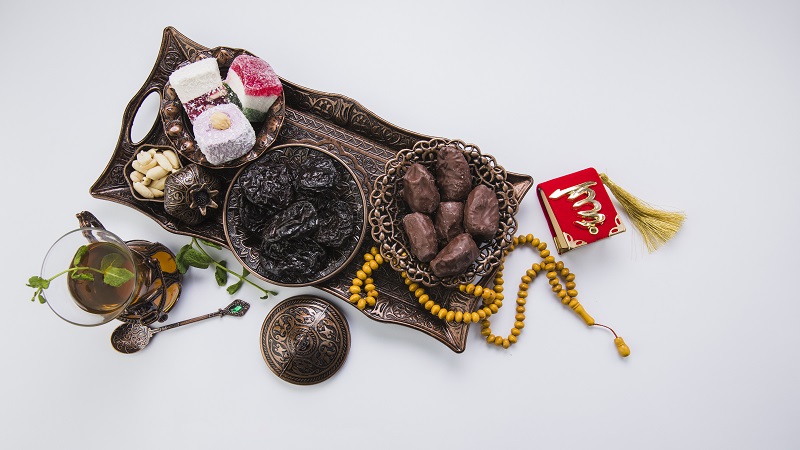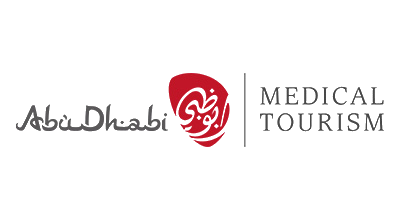Manage Diabetes for a safe and healthy Ramadan
May 23, 2019 ,9:45 am

Fasting during the Holy Month of Ramadan is obligatory for all healthy adult Muslims. Ramadan is an intensely spiritual time and fasting in itself is beneficial to health. However, exemptions do exist for people with serious medical conditions including diabetic patients. Some risks involved during fasting may be very low sugars, very high sugars, and dehydration.
Patients with diabetes who intend to fast during Ramadan should see their physician 1-2 months before Ramadan to make a combined decision regarding the fast and how to do so safely.
Each patient is unique and so are their needs. Their treating physician will help make an individualized assessment regarding the diet, exercise, self – monitoring of blood glucose, adjusting medications and how to recognize very low sugars or acute illness and advice on how to break the fast
Patients are usually categorized into 3 main groups;
Very High Risk:
Those patients with
• Very low sugars within the 3 months prior to Ramadan
• Very high sugars necessitating admission to ICU in the 3 months prior to Ramadan
• Repeated attacks of very low sugars
• Inability to recognize very low sugars
• Poorly-controlled Type 1 Diabetes
• Pregnancy with diabetes treated with insulin
• Chronic Dialysis or Severe Kidney Diseases
• Stroke
• Old age with ill health
High Risk:
Those patients with
• Type 2 Diabetes with poor sugar control
• Well-controlled Type 1 Diabetes
• Well-controlled Type 2 Diabetes on Insulin
• Pregnant patients with diabetes – on diet control
• Mild to Moderate Kidney Disease
• Diabetic patients performing intense physical labor
Low Risk:
Those patients with:
• Well-controlled diabetes on diet control, or certain oral tablets, or one-time long acting insulin
Depending on the category, physicians will advise patients with regards to fasting and fast-breaking.
Diet and Exercise:
Eating whole grain sources of starchy carbohydrates, lentils, or oats help to maintain blood glucose levels and reduce hunger as these foods release energy slowly. Dates are a good source of energy and fibre. Having a small portion (1-2 dates) will prevent high blood glucose levels. It is best to avoid fruit juices and desserts containing excess sugars. Consume fruits instead. Drinking plenty of water/fluids from Iftar to Suhoor prevents dehydration and constipation. Delay Suhoor as late as possible. Regular light to moderate exercise like brisk walking for 30 minutes is advisable. Taraweeh prayers may also be considered as part of daily exercise.
Monitoring your Blood Glucose:
Blood glucose monitoring with a glucome- ter during fasting will not invalidate the fast and it is important to fast safely. The frequency of monitoring sugars is based on each person’s risk as advised by the physician.
If blood glucose level is < 70mg/dl or >300mg/dl or in case of any symptoms of low sugars like dizziness, tremors, profuse sweating, palpitations, or extreme hunger, it is recommended to break the fast. In case of low sugars or ‘hypo’, it is best to break the fast with 150 to 200ml orange juice or 5 to 6 glucose tablets. After having treated the ‘hypo’, it must be followed by eating some slow release carbohydrate or a starchy snack like a chapatti /a slice of bread or 2 plain biscuits.
Medication Adjustment:
The aim is to avoid very low sugars and still maintain a good control of sugars during Ramadan. The type of medicine will influence the potential risk that fastingmay cause. Also the dose and timing of medication has to be adjusted.
Metformin is the most common drug for diabetes and usually, there is no requirement to modify the dose. The timing may be adjusted as it is unusual to cause low sugars. Drugs like Glibenclamide, Glimepiri- de, and Gliclazide may require dose reduction as it can definitely cause low sugars. Drugs like Sitagliptin andLinagliptin may not require dose reduction. Insulin will usually need to be reduced and the timing might be adjusted based on each patient. It is mandatory to consult your physician to help you manage a healthy fast.


